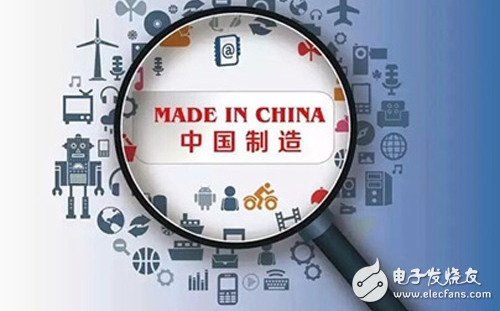Intelligent manufacturing has gained significant attention as a key component of national strategies such as Industry 4.0 and China Manufacturing 2025. It is deeply rooted in the development of comprehensive intelligent systems, ranging from smart products and automated production lines to intelligent logistics, services, organizations, and enterprises. With strong support from both market demand and government policies, China’s smart manufacturing industry has entered the “trillion-dollar era,†showing great potential for growth.
In recent years, the “machine substitution†initiative has spread across the country, showcasing the power of digital manufacturing through “digital factories.†The “connected factory†model has opened up new possibilities, inspiring people with its innovative approach. As core technologies in the field of intelligent manufacturing, industrial automation and digitization are set to play a crucial role in the next wave of technological revolution. Driven by both economic demand and policy support, the smart manufacturing sector in China presents numerous business opportunities.

Intelligent manufacturing is driving the transformation and upgrading of traditional industries. Inspired by human cognitive and decision-making processes, intelligent systems follow five key stages: state perception, real-time analysis, self-determination, precise execution, and continuous learning. These steps not only enhance the integration of intelligent systems but also clarify that intelligence extends beyond information technology into industrial applications, including various forms of industrial intelligence.
To succeed, intelligent manufacturing must address two major challenges: meeting the growing demand for personalized products and managing the complexity of modern production systems. This includes internal enterprise management, external supply chain coordination, and the uncertainties involved in production and usage. Digitalization, networking, knowledge-based systems, and self-organization are essential elements that will bring about deep transformations in the manufacturing landscape.
Digitization increases product flexibility, while networking breaks down spatial and temporal limitations, reducing the need for intermediaries. Knowledge enables the transfer of industrial expertise from humans to machines, creating a seamless digital environment where human and machine intelligence can coexist. Self-organization helps break down rigid organizational boundaries, flattening knowledge barriers and making it easier to share and apply knowledge, thus supporting more flexible and collaborative work structures.
Grasping the five key areas to develop China’s unique path in intelligent manufacturing is essential. According to the “Made in China 2025 Blue Book (2016),†the industry still faces challenges such as weak innovation capabilities, small-scale operations, fragmented structures, and a lack of globally competitive enterprises. However, with strong market momentum, the future of smart manufacturing in China depends on active collaboration between the government and enterprises at all levels.
At the Sino-German CPS and Intelligent Manufacturing Forum, former Minister Li Yizhong emphasized the importance of adapting foreign models to China’s specific conditions. He proposed five key entry points for developing smart manufacturing in China:
1. Digital R&D design, focusing on simulation, 3D modeling, high-speed computing, and big data tools.
2. Embedding electronic information technology into products to enhance quality, functionality, and value, especially in critical components and materials.
3. Digitizing manufacturing equipment, promoting the development of CNC machines, robots, and 3D printing.
4. Implementing intelligent control in the production process, moving from automation to full intelligence.
5. Establishing new service procedures within companies to transform traditional manufacturing plants into smart factories.
By focusing on these five areas, China can build a sustainable and advanced intelligent manufacturing system tailored to its own needs and global competitiveness.
Mppt Solar Charge Controller For Solar System,12v 24v Auto 30a Controller
GuangZhou HanFong New Energy Technology Co. , Ltd. , https://www.gzinverter.com
